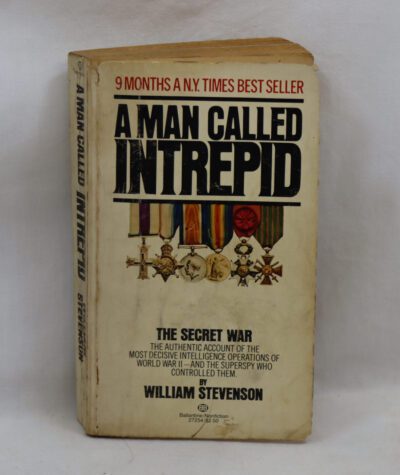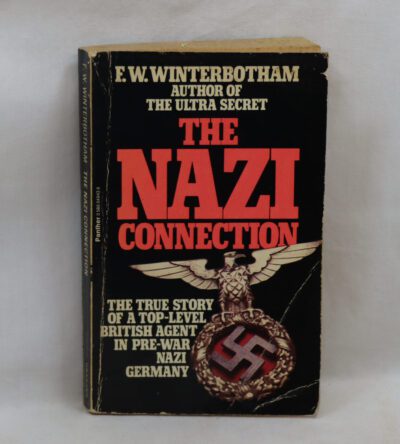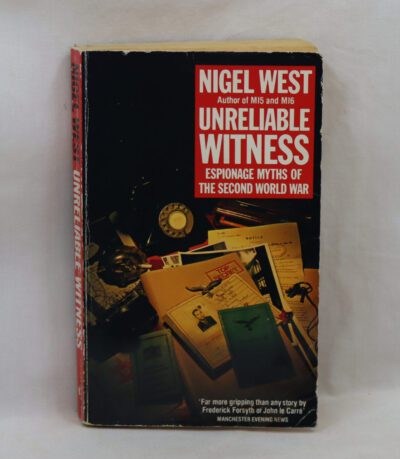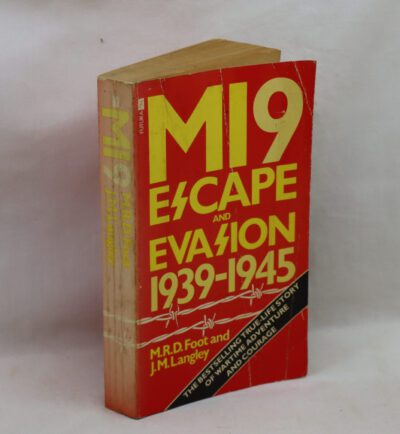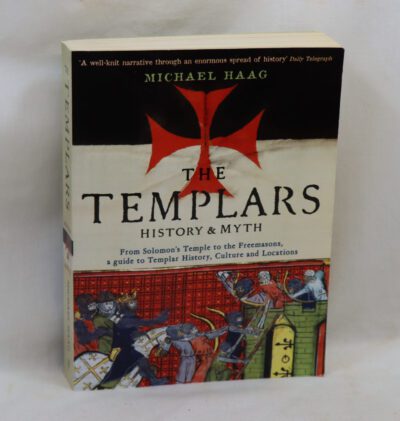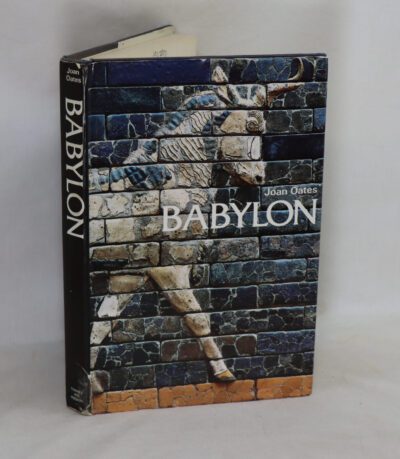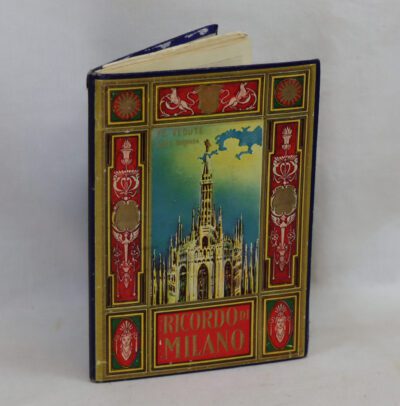Inventing the Victorians.
By Matthew Sweet
ISBN: 9780312283261
Printed: 2001
Publisher: Faber & Faber. London
| Dimensions | 15 × 23 × 3 cm |
|---|---|
| Language |
Language: English
Size (cminches): 15 x 23 x 3
Condition: Fine (See explanation of ratings)
Item information
Description
In the original dustsheet. Black board binding with white title on the spine.
-
F.B.A. provides an in-depth photographic presentation of this item to stimulate your feeling and touch. More traditional book descriptions are immediately available.
Suppose that everything we think we know about ‘The Victorians’ is wrong? That we have persistently misrepresented the culture of the Victorian era, perhaps to make ourselves feel more satisfyingly liberal and sophisticated? What if they were much more fun than we ever suspected? Matthew Sweet’s Inventing the Victorians has some revelatory – and entertaining – answers for us. As Sweet shows us in this brilliant study, many of the concepts that strike us as terrifically new – political spin-doctoring, extravagant publicity stunts, hardcore pornography, anxieties about the impact of popular culture upon children – are Victorian inventions. Most of the pleasures that we imagine to be our own, the Victorians enjoyed first: the theme park, the shopping mall, the movies, the amusement arcade, the crime novel and the sensational newspaper report. They were engaged in a well-nigh continuous search for bigger and better thrills. If Queen Victoria wasn’t amused, then she was in a very small minority . . .
Matthew Sweet’s book is an attempt to re-imagine the Victorians; to suggest new ways of looking at received ideas about their culture; to distinguish myth from reality; to generate the possibility of a new relationship between the lives of nineteenth-century people and our own.
Reviews:
-
‘This is a profoundly stimulating and entertaining book’. D. J. Taylor, Sunday Times;
-
‘Matthew Sweet has opened a blast of fresh air into the hothouse of Victorian studies. His book is packed with weird and wonderful information’. Spectator;
-
‘He tells his revisionist version exceedingly well, describing a lurid thrill-seeking populace avid for sensation. Colourful characters parade through chapters that demonstrate how innovative, fast-paced, diverse and radical the era was. Sweet has turned his scholarly research through the detritus of high and low 19th-century culture into a page-turning piece of pop-culture history… A darned good read, and no mistake,’ Big Issue
-
Inventing the Victorians is Matthew Sweet’s sweeping and revelatory exploration of the Victorian era, and of the hedonistic Victorians who might seem much more familiar that we’ve been led to believe . . .
-
In 1918, Lytton Strachey declared that ‘the history of the Victorian age will never be written. We know too much about it.’ But he wasn’t quite right. The real problem is this: we have systematically forgotten many of the most interesting and distinctive aspects of the period, and much of what we think we know about it is utterly false; fabricated in the twentieth century and lazily accepted as truth ever since.
-
Spot the deliberate fiction on this list: Queen Victoria had a Nigerian god-daughter; William Gladstone once knocked back so much laudanum that he had to go to Baden Baden to recuperate; the flourishing Victorian porn industry was founded by a group of Chartists who wanted to use sexually explicit material to hasten the British Revolution; Joseph Merrick, the Elephant Man, negotiated a fifty-fifty box office split with his management team; Britain’s first black professional footballer was Arthur Wharton, who played in goal for Preston North End and Rotherham in the 1880s and 90s; Sarah Grand, the author of the phenomenal 1890s bestseller The Heavenly Twins, fronted a publicity campaign for Sanatogen; sexually, Oscar Wilde was a pretty regular Victorian guy.
-
As this radical, myth-busting reassessment of the Victorians and their world demonstrates, the answer is none of the above.
Matthew Sweet (born 2 December 1969) is an English journalist, broadcaster, author, and cultural historian. A graduate of the University of Oxford, he has been interviewed on many documentaries about television for the BBC and Channel 4. Born in Hull, Sweet received a doctorate from Oxford on Wilkie Collins. Sweet was among the contributors to The Oxford Companion to English Literature and was both film and television critic for The Independent on Sunday.
Sweet’s book, Shepperton Babylon: The Lost Worlds of British Cinema (2005) is a history of the British film business from the silent days, and includes interviews with surviving figures from the period. A television documentary series was adapted from the book.
Sweet has written other television films and series, including Silent Britain, Checking into History, British Film Forever, The Rules of Film Noir, Truly, Madly, Cheaply!: British B Movies, and A Brief History of Fun. He presented a BBC Radio 4 programme The Philosopher’s Arms, a show recorded in front of a live audience in which classic philosophical concerns were explored. He is the host of the BBC Radio 3 programme Sound of Cinema, which is concerned with film scores and their composers, and a regular presenter of Night Waves (now titled Free Thinking) on the same network.
Sweet is a fan of the science fiction television series Doctor Who and has written several Doctor Who audio plays and short stories. He has also presented several documentaries about the series for the DVD range, including Chain Reaction (about The Caves of Androzani) and Nice or Nasty?: The Making of Vengeance on Varos, as well as conducting in-depth interviews with prominent cast and crew members for the Doctor Who: The Collection Blu-Ray box sets. He also presented the 50th-anniversary retrospective of the series for The Culture Show called Me, You and Doctor Who in 2013. Piers Morgan interviewed him on Good Morning Britain in 2017 about the casting of the first woman to play The Doctor.
In the history of the United Kingdom and the British Empire, the Victorian era was the reign of Queen Victoria, from 20 June 1837 until her death on 22 January 1901. Slightly different definitions are sometimes used. The era followed the Georgian era and preceded the Edwardian era, and its later half overlaps with the first part of the Belle Époque era of continental Europe.
Various liberalising political reforms took place in the UK, including expanding the electoral franchise. The Great Famine caused mass death in Ireland early in the period. The British Empire had relatively peaceful relations with the other great powers. It participated in various military conflicts mainly against minor powers. The British Empire expanded during this period and was the predominant power in the world.
Victorian society valued a high standard of personal conduct across all sections of society. The emphasis on morality gave impetus to social reform but also placed restrictions on certain groups’ liberty. Prosperity rose during the period, but debilitating undernutrition persisted. Literacy and childhood education became near universal in Great Britain for the first time. Whilst some attempts were made to improve living conditions, slum housing and disease remained a severe problem.
The period saw significant scientific and technological development. Britain was advanced in industry and engineering in particular, but somewhat undeveloped in art and education. Great Britain’s population increased rapidly, while Ireland’s fell sharply.
Want to know more about this item?

Related products
Share this Page with a friend



